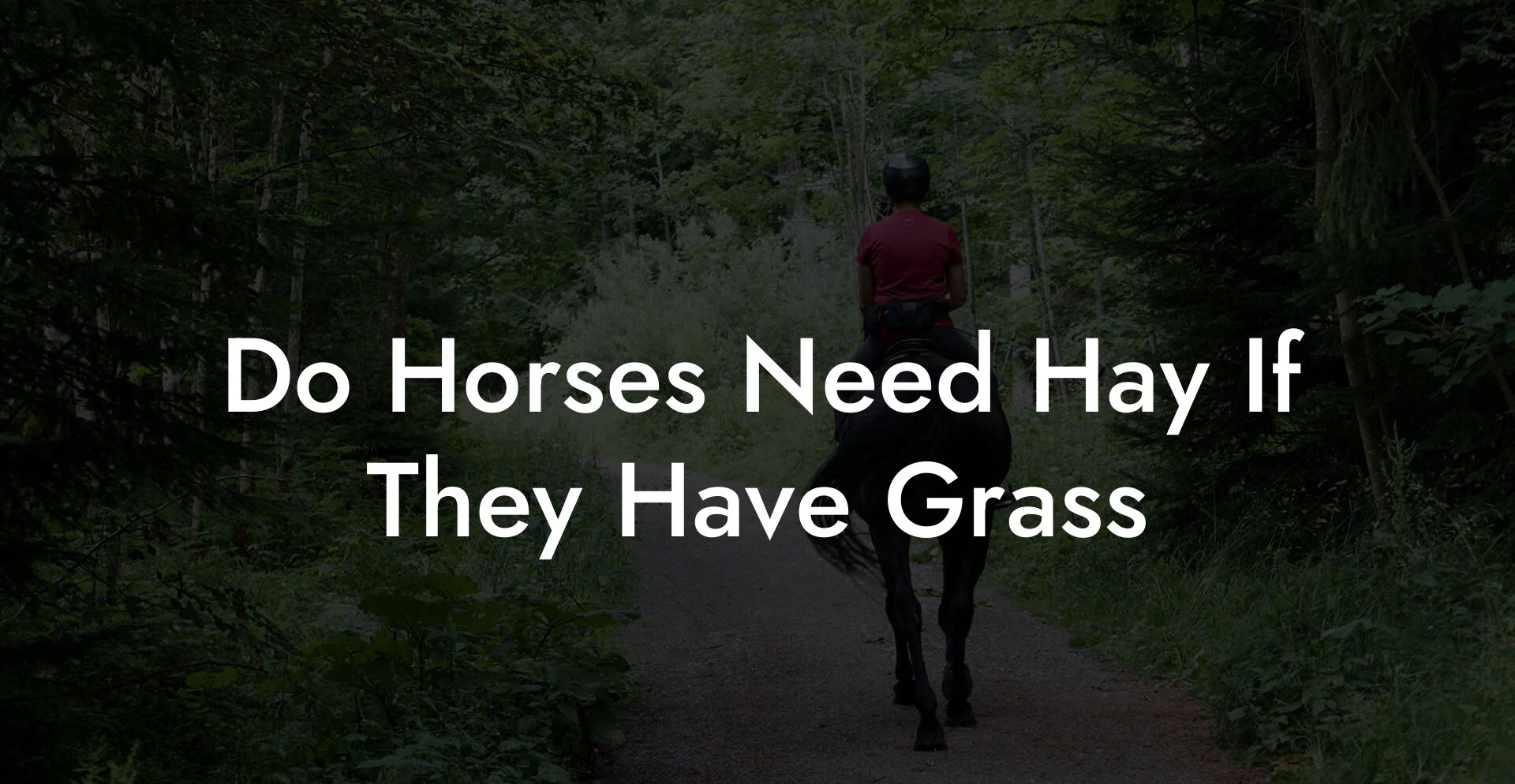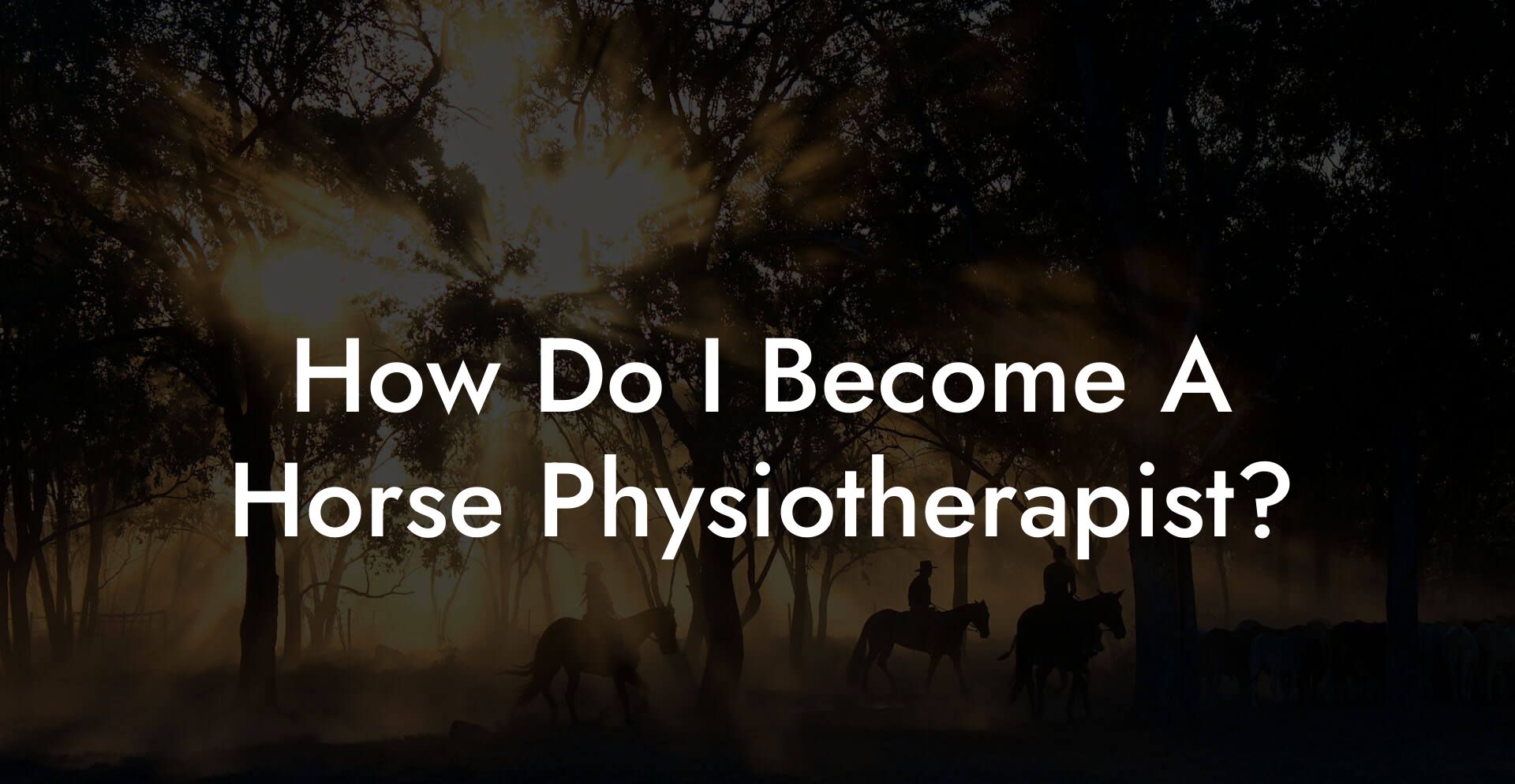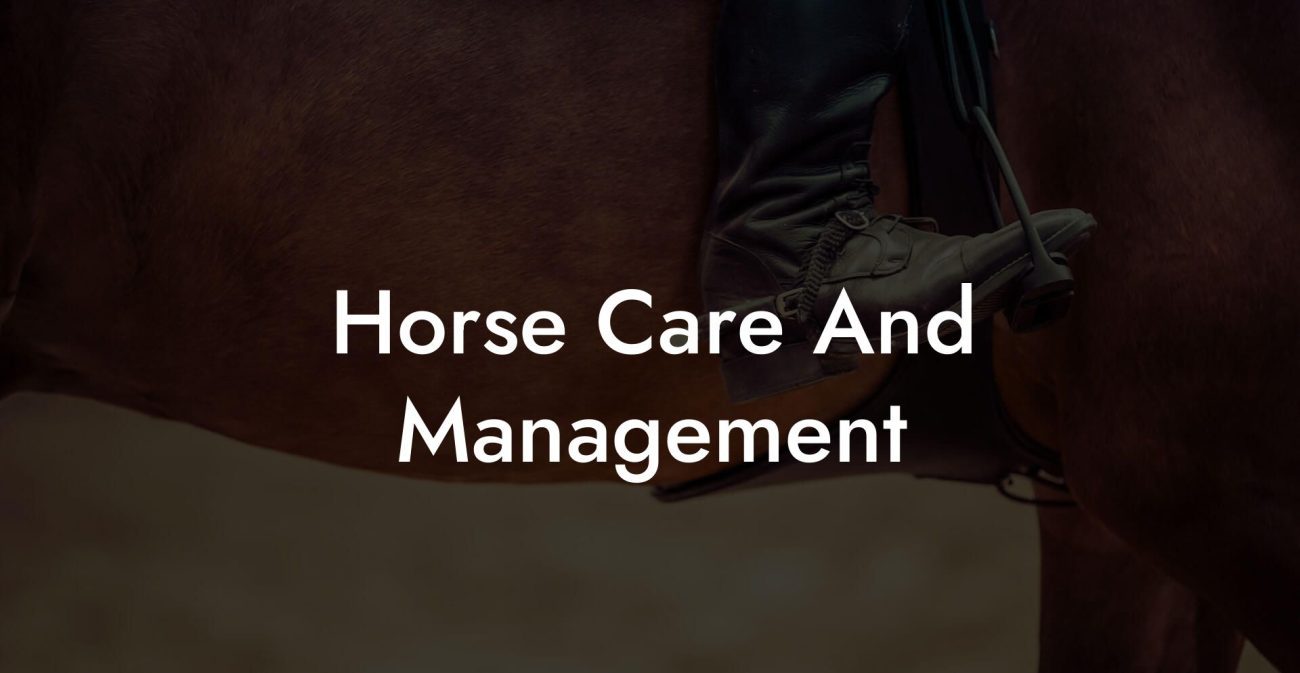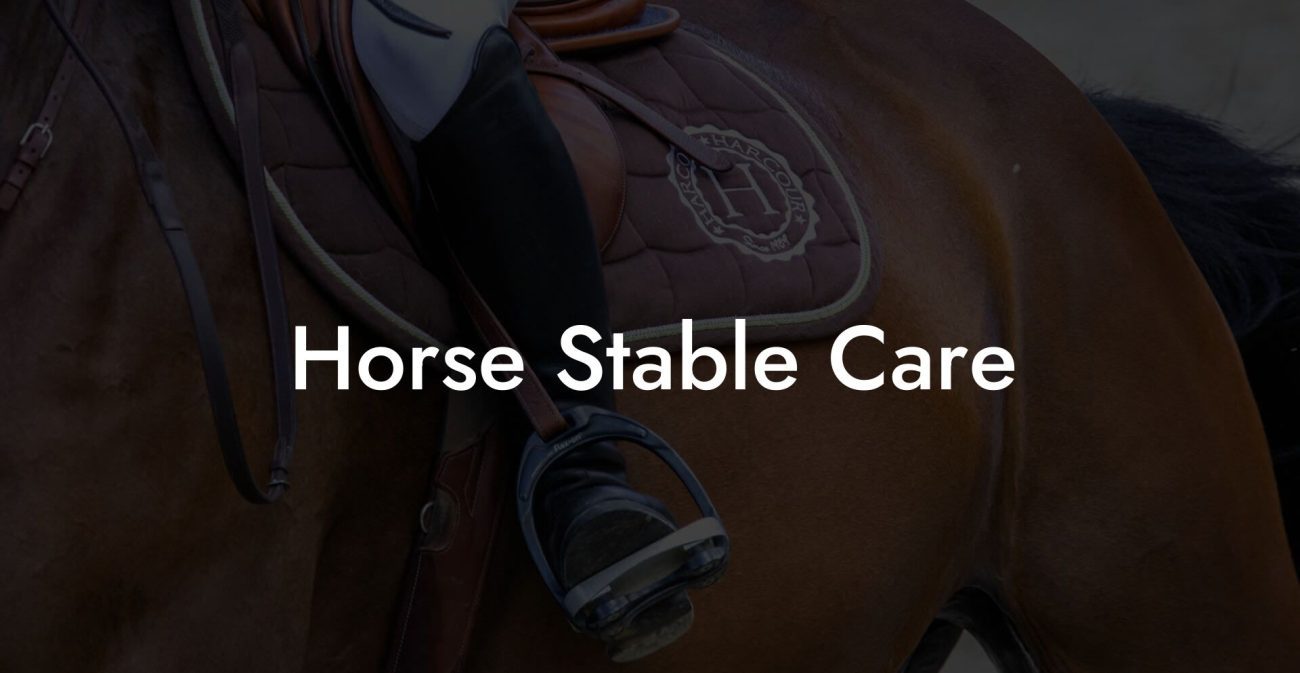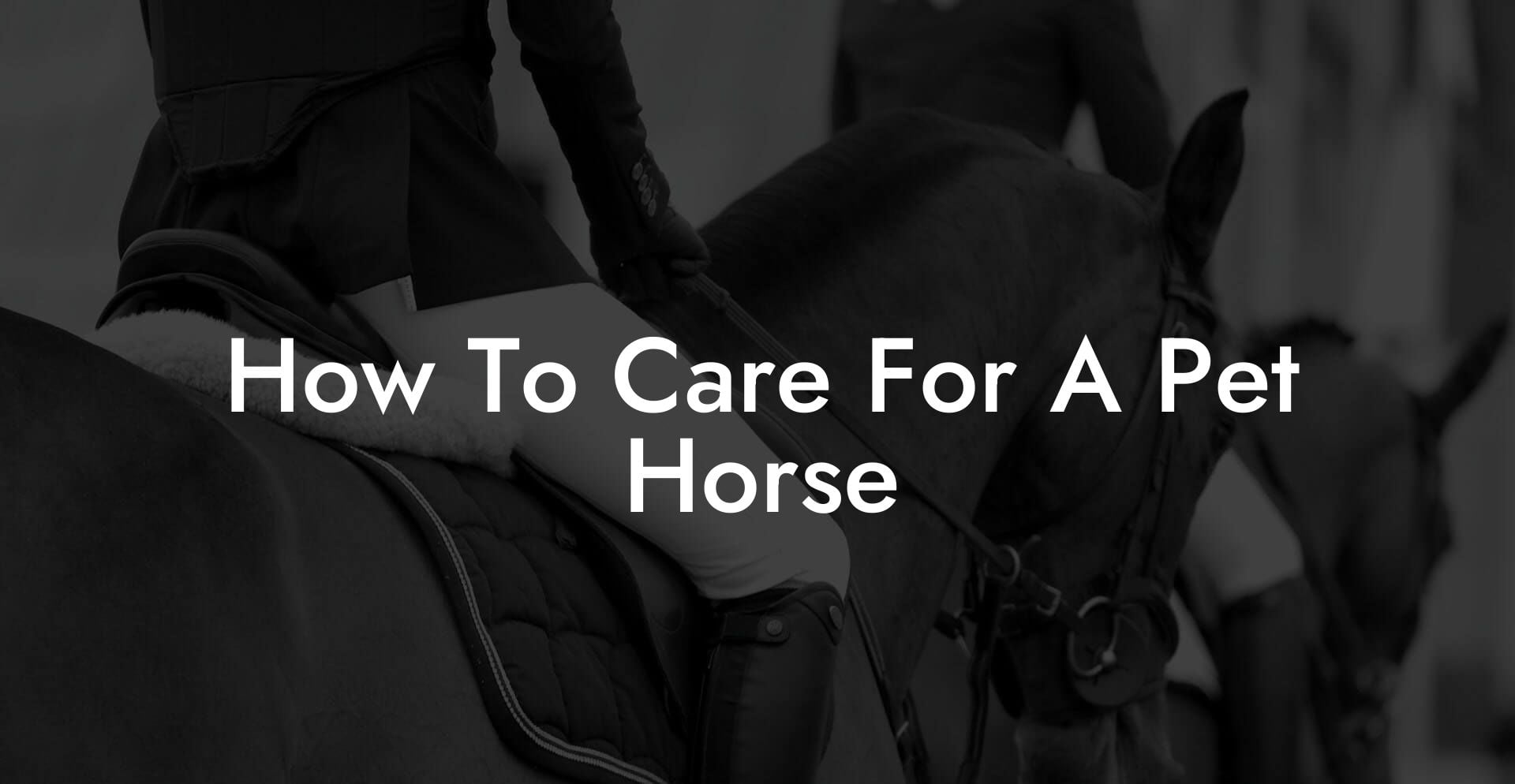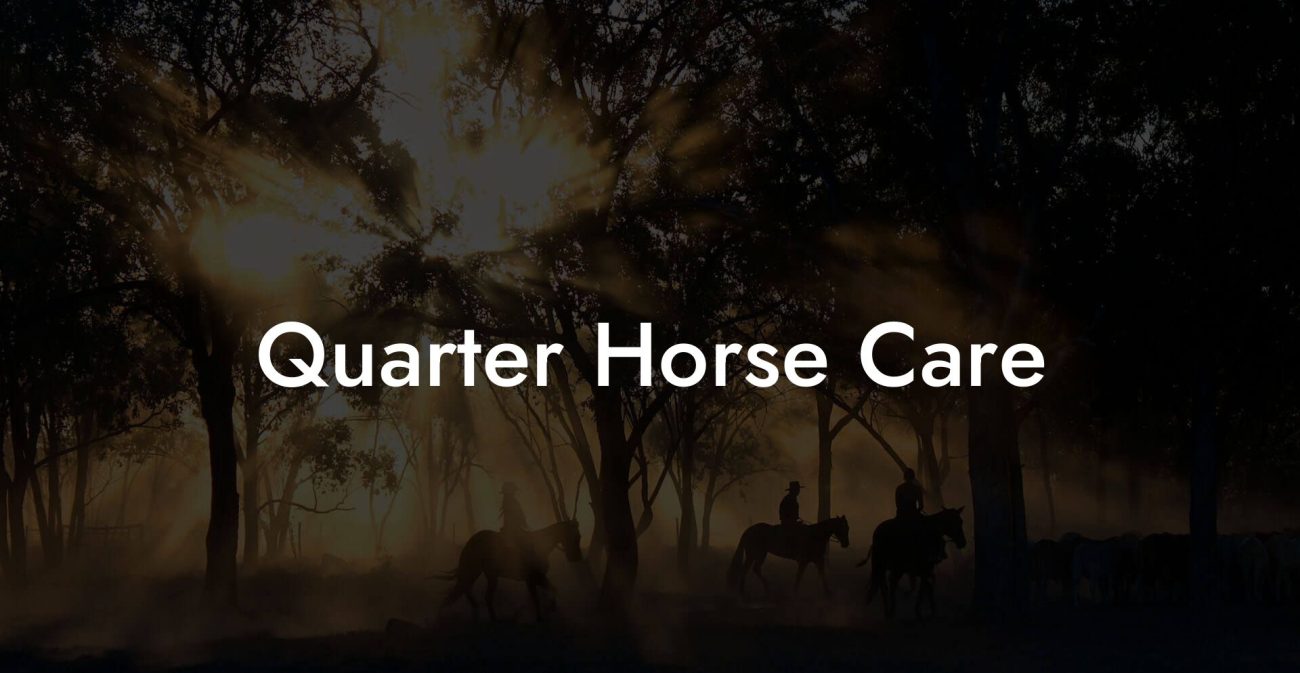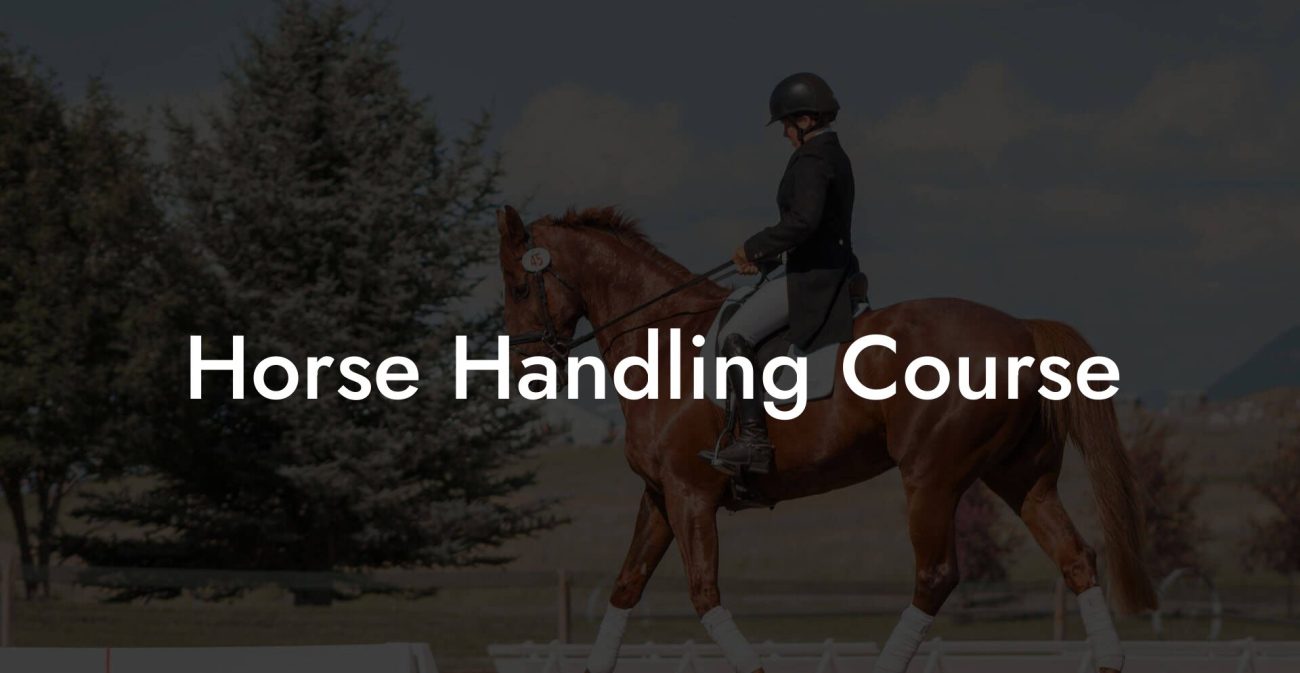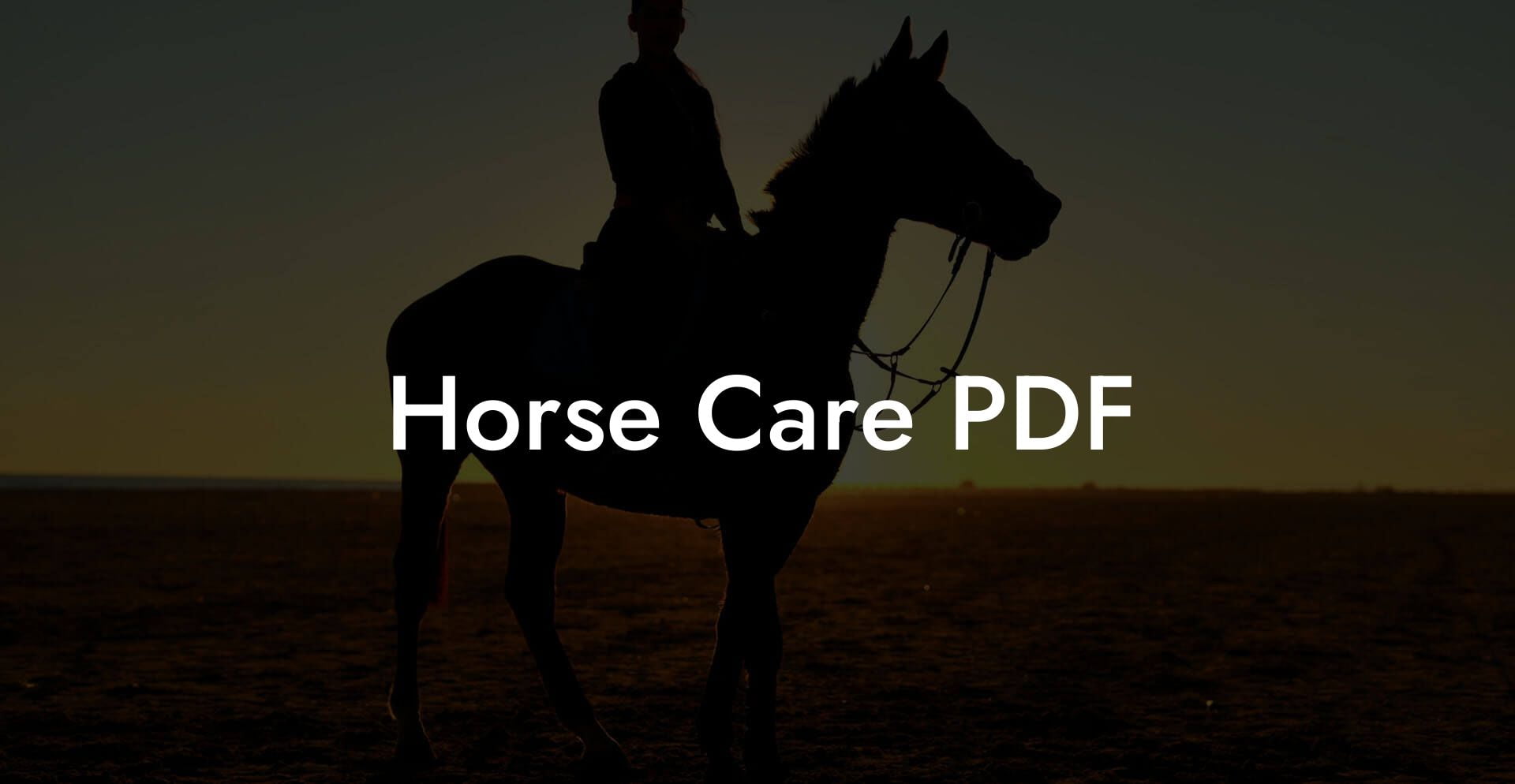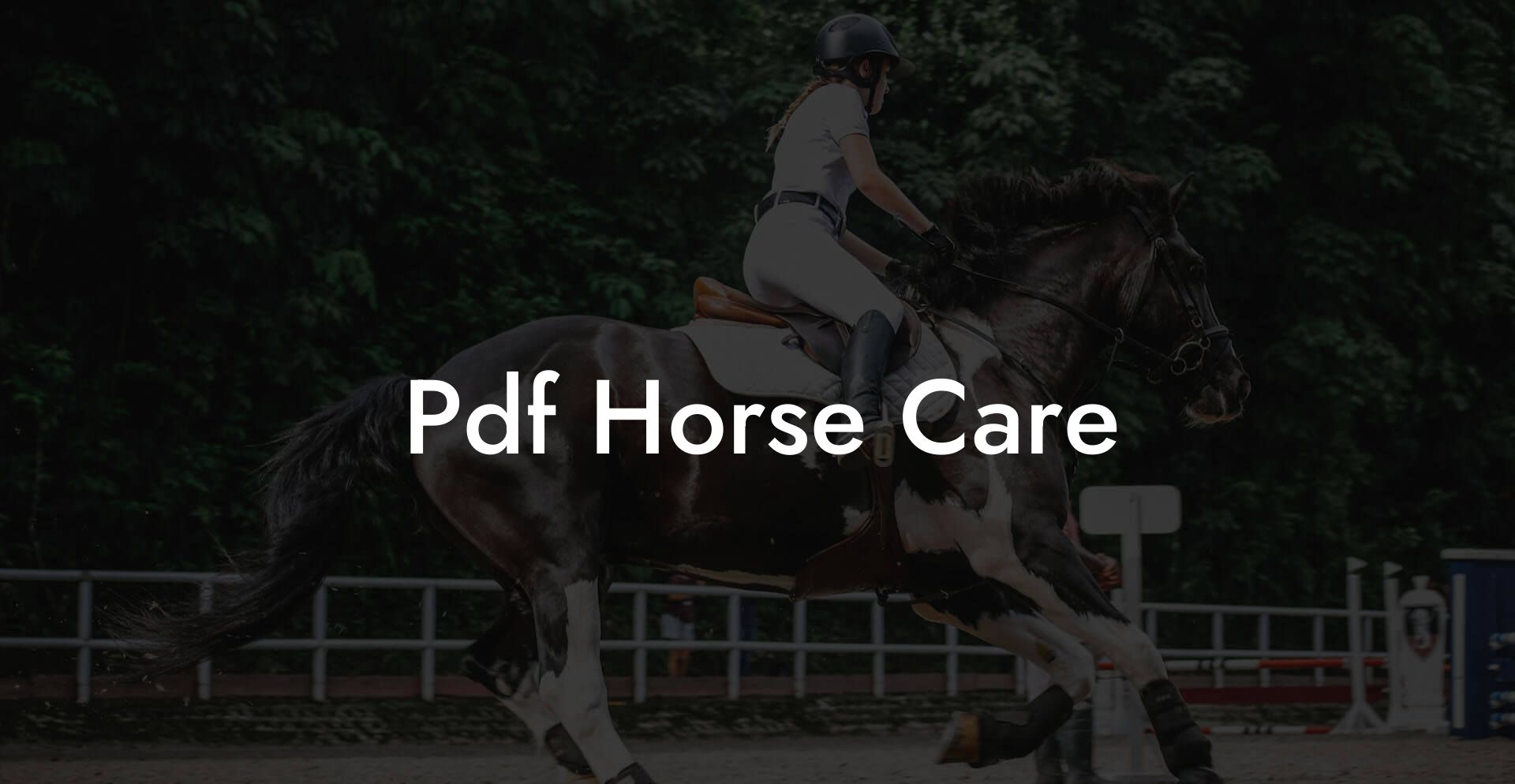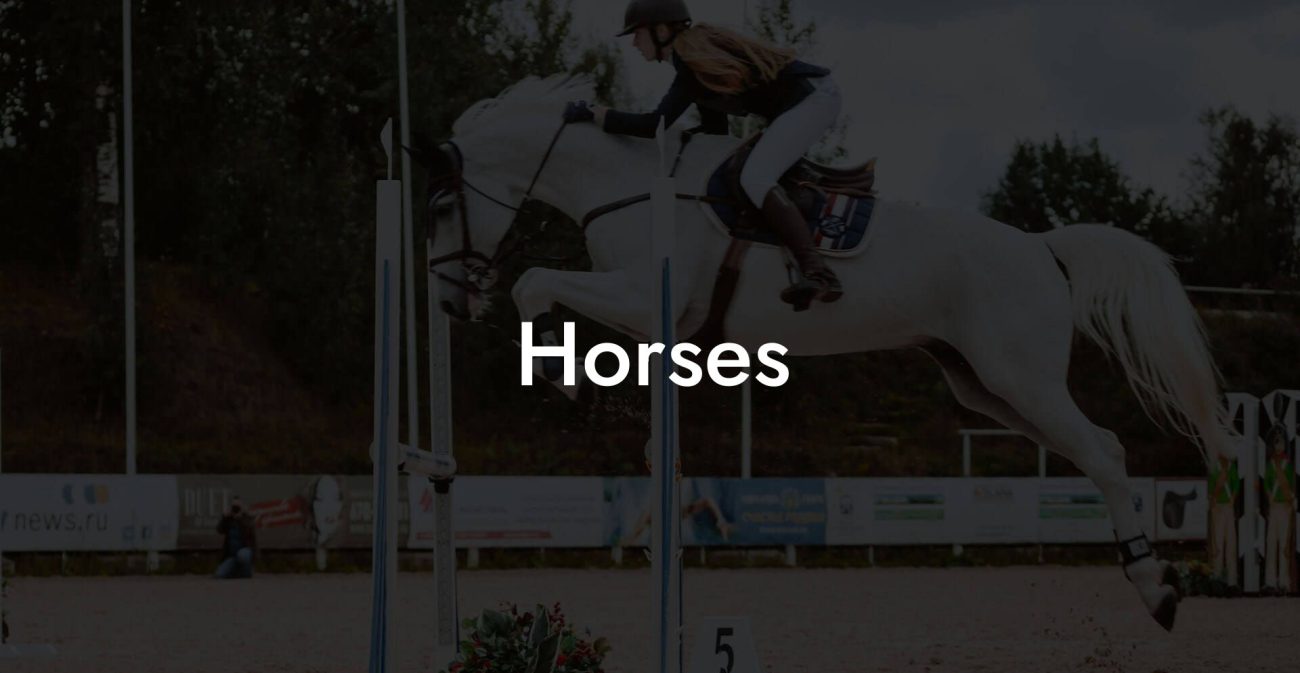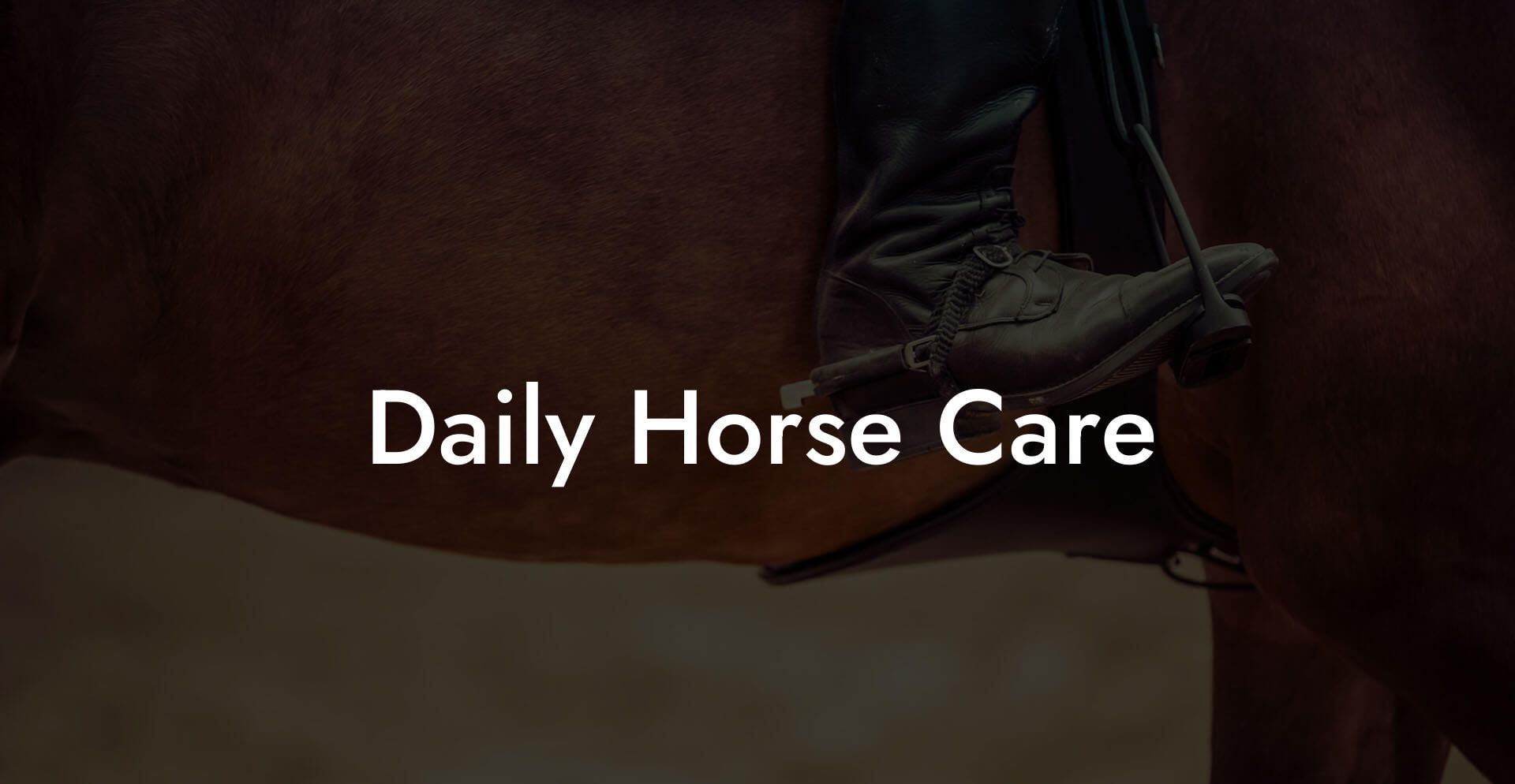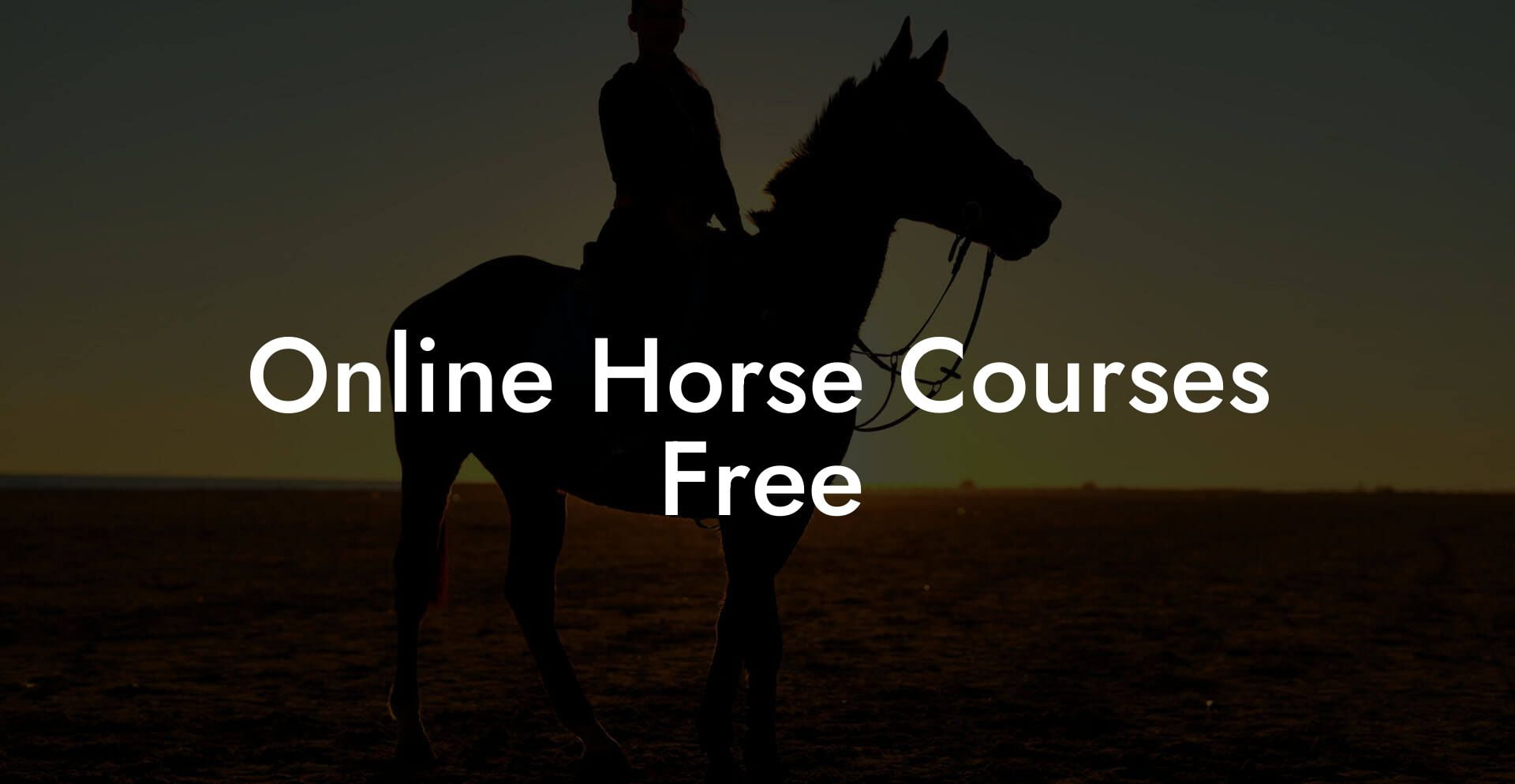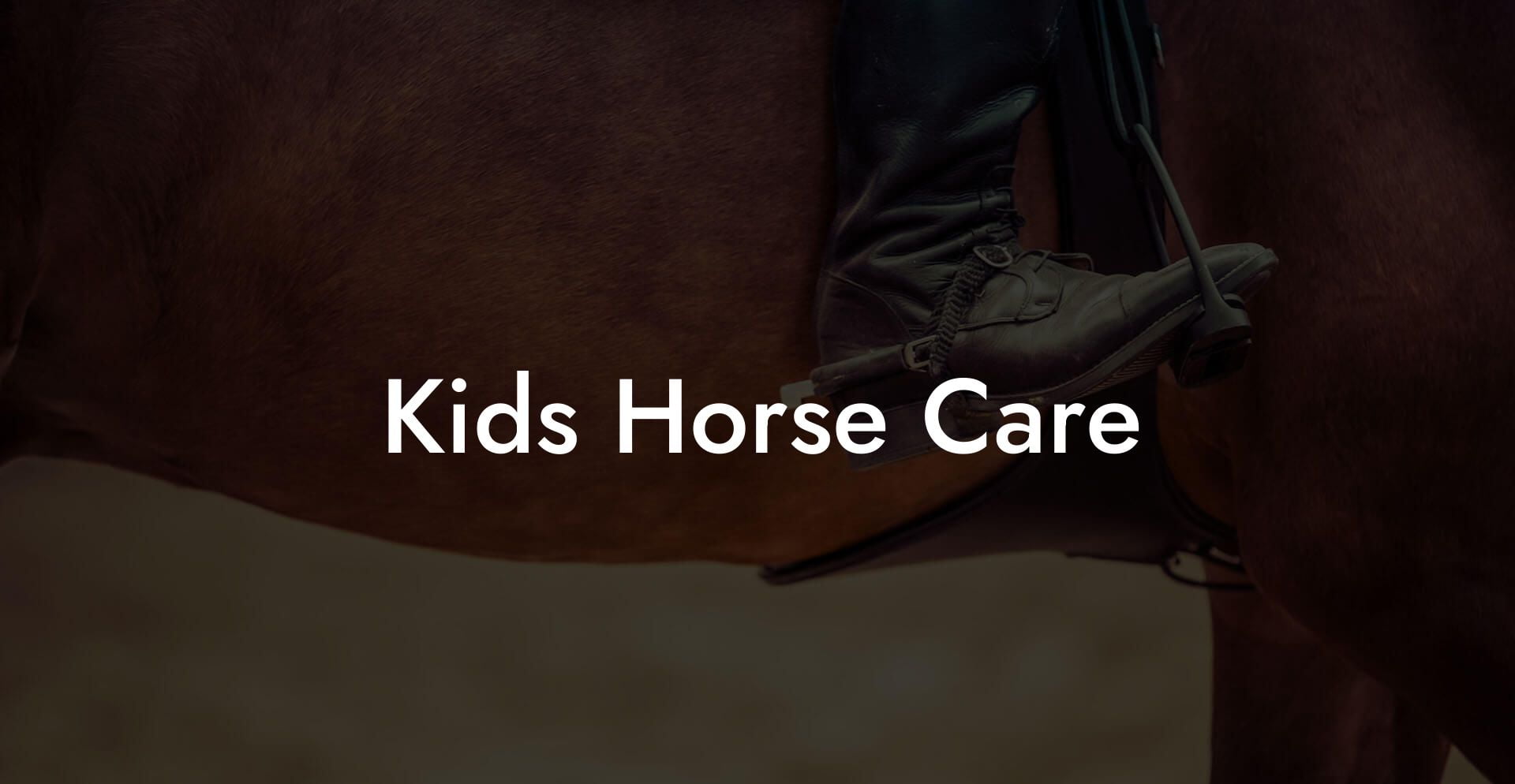Life on the farm is full of big questions, like, do horses really need hay if they have grass? Picture your favorite four-legged buddy munching away on lush, green pasture, all while you’re left wondering if that crunchy bale of hay is just extra decor or truly essential. Let’s dive into this surprisingly spicy debate, where equine nutrition meets seasonal realities, and where your horse’s health and happiness are front and center.
Quick Links to Useful Sections
- The Great Grass vs. Hay Debate: What’s the Real Story?
- Grass: The Original, All-Natural Buffet
- Hay: The Nutritional Backup Plan
- Seasonal Shifts and the Need for Variety
- Health Implications: Why Don’t We Just Stick to Grass?
- Understanding Your Horse’s Unique Needs
- Foals and Young Horses
- Performance Horses
- Senior Horses
- Body Condition and Metabolic Disorders
- How to Assess Grass Quality and When to Supplement with Hay
- Building a Well-Rounded Equine Feeding Program
- Expert Insights: What Veterinarians and Nutritionists Say
- Myth Busting: Common Misconceptions About Hay and Grass
- Myth 1: “If There’s Grass, Hay Isn’t Necessary”
- Myth 2: “Hay Is Just a Winter Substitute”
- Myth 3: “All Hay Is the Same”
- Fueling Optimal Equine Health: The Benefits of a Balanced Diet
- Environmental Factors and Pasture Management: It’s Not Just What They Eat
- Resources and Community Support: Your Next Steps
- Expert Tips and Tricks: Making the Most Out of Both Worlds
- FAQ: Your Burning Questions Answered
- Your Path to Equine Nutritional Mastery
The Great Grass vs. Hay Debate: What’s the Real Story?
At first glance, the answer might seem obvious: if your horse has plenty of grass, why bother with hay? Well, hold your horses, because it’s not always that simple. Horses are naturally grazing animals, and outdoor grass provides a fresh, instinct-driven diet. But just like your favorite artisanal coffee isn’t always enough on a chilly winter morning, grass alone might not always cut it.
In the wild, equines roamed vast expanses, grazing on a range of grasses and wild forage. However, our domesticated companions often face a more complicated diet, especially when the weather changes or when pasture quality declines. So, if your horse is starved for variety or if nature isn’t delivering all the necessary nutrients, hay steps in as the perfect sidekick.
In our modern stable life, balancing between hay and grass is like choosing between binge-watching your favorite series and scrolling through memes, both are essential for a balanced lifestyle. And just like your streaming habits might shift on a rainy day, equine nutritional needs vary with the seasons, the horse’s age, workload, and even temperamental quirks.
Grass: The Original, All-Natural Buffet
Grass is the original food truck on your horse’s menu, fresh, free, and full of flavor. It’s loaded with water, natural sugars, and a mix of nutrients that make it an excellent staple for horses on a pasture-based diet. But here’s the twist: not all grass is created equal.
Think of grass as that local organic farmer’s market produce, it might be at its peak glory in spring and summer, yet it can lose a bit of its charm as temperatures drop in the winter. When the grass is green, healthy, and abundant, your horse is in luck. Their digestive system is perfectly designed to graze all day, slowly ingesting small amounts of forage to keep the gut humming.
This constant grazing not only satisfies the horse’s natural behavioral needs but also helps them avoid serious digestive issues like colic. However, when the seasons flip and the grass quality drops, or worse, when snow and ice cover the pastures, this natural feast can transform into a nutritional drought.
Hay: The Nutritional Backup Plan
Enter hay, the trusty backup that comes to the rescue when grass quality or availability declines. Hay is essentially dried grass that’s been preserved carefully to lock in nutrients, making it a reliable source of roughage. It’s the equivalent of having a pantry stocked with healthy snacks when the grocery store is closed.
Hay plays a crucial role, especially during the chilly months when fresh grass is few and far between. Not only does it serve as a fiber-rich source that supports healthy digestion, but it also helps prevent issues related to abrupt diet changes. Just like you wouldn’t survive on fast food alone, your horse needs that wholesome roughage to keep their digestive tract in top shape.
Moreover, hay can be tailored to the specific nutritional needs of your horse. Different types of hay, such as timothy, orchard, or alfalfa, offer varying protein levels, energy content, and mineral balances. This flexibility means that you can customize your horse’s diet to support everything from muscle recovery in performance horses to efficient weight management in older equines.
Seasonal Shifts and the Need for Variety
The saying “variety is the spice of life” applies to equine nutrition more than you might think. Even if your pasture is lush and abundant in the summer, the nutritional values of grass change with the seasons. During the spring and early summer, grass is high in energy, perfect for active horses. But as summer drags on and the heat intensifies, it can become too lush and lead to conditions like laminitis in susceptible horses.
Then there’s winter. Picture a barren, frosted pasture where even the hardiest blades of grass are hibernating. Without the option of plentiful fresh forage, hay becomes indispensable. Not only does it fill the gap left by dormant grass, but it also ensures that your horse continues to get the necessary fiber to keep its digestive system functioning smoothly.
It’s a bit like switching from iced lattes in summer to hot cocoa in winter, the ingredients might differ, but the comforting essence remains. In the equine world, the introduction of hay during colder months is not just a temporary fix; it’s a thoughtful adaptation to nature’s cycle.
Health Implications: Why Don’t We Just Stick to Grass?
One might wonder: if grass is natural, why introduce hay at all? The answer lies in the interplay between consistency, variation, and health. Horses are creatures of habit with digestive systems that thrive on constant, moderate intake of fibrous material. While grazing on fresh grass offers many benefits, such as mental stimulation and natural exercise, it can sometimes lead to overconsumption.
Overeating on high-energy grass, especially for less active or metabolic-sensitive horses, can result in weight gain, metabolic disorders, and even laminitis. Hay, with its more controlled energy levels and balanced nutrient profile, acts as a regulatory measure. It helps maintain a steady intake of fiber while minimizing the risks of sudden dietary imbalances.
Additionally, hay tends to be less lush and more consistent in nutrient content. This consistency means veterinarians and nutritionists can make more accurate recommendations for balancing the overall diet. Essentially, hay mitigates the risk of your equine friend turning from a lean, energetic athlete into a couch potato with a bit too much belly.
In a nutshell, while fresh grass is fabulous for day-to-day grazing and natural behavior, hay ensures nutritional stability during times when grass may be either too rich in sugars or too scarce to feed your horse’s needs adequately.
Understanding Your Horse’s Unique Needs
Not all horses are built the same, and neither are their nutritional requirements. Age, breed, activity level, and even individual metabolism play a huge role in determining whether a horse might thrive on pure pasture or if it needs a supplementary dose of hay.
Foals and Young Horses
Young horses are like sponges; they need a well-balanced diet to support rapid growth and energy. Although foals start by nursing and then slowly introduce solid foods, the gradual transition to a mix of grass and hay can be crucial. Hay provides a dependable, fiber-rich source that helps avoid abrupt changes in the digestive system, ensuring healthy growth and development.
Performance Horses
For performance horses, energy management is key. These athletes often require a higher calorie intake along with controlled levels of fiber to prevent energy spikes during intense work. In this case, high-quality hay can be mixed with grains and supplements as part of a balanced diet, offering a steady source of energy without the risks associated with hyperactive, sugar-rich fresh pasture.
Senior Horses
Aging horses might face a host of challenges, from dental issues to slower digestion. For them, hay is often easier to manage than tough, coarse grass. The softened nature of well-prepared hay can be gentler on their teeth and more conducive to steady digestion. Additionally, a predictable nutrient profile helps seniors maintain their weight and manage any chronic health issues.
Body Condition and Metabolic Disorders
Horses that are prone to weight gain or metabolic conditions such as equine metabolic syndrome require careful dietary management. Controlled amounts of hay, with low sugar and starch content, allow for a safer feeding regimen. This measured approach can prevent spikes in blood sugar and maintain a stable energy level, making hay an essential part of their dietary planning.
The key takeaway is that hay isn’t just a fallback when grass fails, it’s a proactive nutritional tool that can be customized to fit the diverse needs of every horse, from the youngest foal to the wisest senior.
How to Assess Grass Quality and When to Supplement with Hay
Even the most dedicated equine parent needs to know when to call in the hay cavalry. Assessing grass quality is part art, part science, and a bit of common sense. Here are some pointers to help you make the call:
- Seasonal Cues: In early spring and late summer, dirt may still be clinging to the grass blades, or the grass might be too lush for some horses. Early fall is similar, while the grazing floor might look full, the nutritional punch may be off-balance.
- Pasture Condition: Is your pasture experiencing signs of overgrazing? Bare patches, compacted soil, and weed invasion can indicate that the grass is not only of lower quality but also insufficient in quantity.
- Weather Fluctuations: Periods of drought, heavy rain, or frost can dramatically affect grass’s nutrient profile. In these times, hay can provide consistency when Mother Nature isn’t delivering the goods.
- Horse Behavior: Ever notice your horse eyeing the hay bale as if it were a gourmet meal? Changes in behavior, like relentless grazing or signs of digestive discomfort, can be subtle hints that a dietary tweak is needed.
- Nutritional Testing: For the data geeks among us, having your hay and even your pasture tested can provide concrete insights. Many feed suppliers and veterinarians offer professional analysis that can inform your feeding strategy.
Regularly monitoring these factors not only helps ensure your horse gets enough nutrition but also wards off issues like colic and laminitis. In essence, a balanced approach to evaluating your pasture’s quality and supplementing with the right hay is like having a well-planned social media strategy, it keeps everything flowing smoothly and prevents any unexpected disasters.
Building a Well-Rounded Equine Feeding Program
So, what’s a savvy horse owner to do? The answer: build a feeding program that respects nature’s cues while incorporating the nutritional safety net that hay offers. The ideal equine diet is a dynamic combination of fresh grass and high-quality hay, adjusted to meet your horse’s unique needs.
Here are some strategies to keep in your stable:
- Seasonal Rotation: Embrace the ebb and flow of the seasons by adjusting the balance between grass and hay. Increase hay intake in winter or periods of poor pasture quality, and allow more grazing during the lush months of spring and early summer.
- Monitor Body Condition: Just like you might track your own fitness goals with a trendy smartwatch, regularly assessing your horse’s body condition score can indicate whether dietary tweaks are needed.
- Quality Over Quantity: Not all hay is created equal. Invest in premium, well-cured hay with consistent nutrient profiles to ensure that your horse isn’t just filling up on any old crunch.
- Consult the Experts: Work closely with equine nutritionists and veterinarians. Their expertise can help you fine-tune feeding schedules and amounts based on your horse’s age, workload, and overall health.
- Introduce Gradually: If you’re supplementing your horse’s diet with hay for the first time or making changes, do it gradually. A sudden shift in diet can upset the digestive balance, much like rapidly switching up your favorite playlist might derail your mood.
By blending these strategies into your routine, you’re not only ensuring that your horse has the best of both worlds, fresh, natural grazing and the nutritional reliability of hay, but you’re also preparing them for any curveballs nature might throw their way.
Expert Insights: What Veterinarians and Nutritionists Say
When it comes to horse nutrition, the experts agree: the best approach is a balanced one. Veterinarians and equine nutritionists emphasize that while grass is the natural fuel for horses, hay offers a dependable, controlled source of nutrients that can prevent common health issues.
Dr. Marianne O’Connell, an equine veterinarian with over 20 years of experience, explains, “A horse’s diet isn’t just about meeting calorie needs, it’s about getting the right balance. In many cases, hay is essential for maintaining digestive health, especially when pasture conditions aren’t ideal. It acts as a nutritional buffer that prevents sudden changes in fiber intake.”
Nutrition expert Jake Ramirez, who specializes in performance horses, adds, “For active horses, the energy from fresh grass is fantastic, but hay provides a steadier source of fiber and nutrients. It’s like having a morning espresso versus an all-day drip coffee, each has its purpose, but together they keep energy levels finely tuned.”
These expert insights reinforce the idea that hay isn’t a backup plan born out of necessity alone, it’s a strategic component of a well-rounded diet, essential for maintaining the overall health, performance, and longevity of your four-legged friend.
Myth Busting: Common Misconceptions About Hay and Grass
With any hot topic, there are bound to be a few myths that need debunking. Let’s take a humorous look at some common misconceptions that have trampled their way into equine nutrition lore:
Myth 1: “If There’s Grass, Hay Isn’t Necessary”
Reality check: Even the finest, freshest grass can’t always deliver consistent nutrition throughout the year. Unique environmental factors, seasonal changes, and individual horse needs mean that hay remains a vital component.
Myth 2: “Hay Is Just a Winter Substitute”
While hay does shine during those frosty months, its benefits extend well beyond winter. Many horses thrive on a mixed diet year-round, with hay providing balance during times of rapid grass growth or unpredictable weather patterns.
Myth 3: “All Hay Is the Same”
Nothing could be further from the truth. The nutritional profile of hay is as varied as the playlists on your favorite music app. Factors such as grass species, harvesting time, and curing process significantly influence the nutrient content. Understanding these differences can mean the difference between a full stomach and a nutritional energy crisis.
Busting these myths helps pave the way for informed decisions, ensuring that your horse receives a diet that’s as thoughtful and dynamic as your own daily routine.
Fueling Optimal Equine Health: The Benefits of a Balanced Diet
A balanced diet is the secret sauce behind every healthy, energetic horse. By combining the vibrant, natural flavors of grass with the nutritional consistency of hay, you’re offering your horse a diet that supports not only physical well-being but also mental satisfaction. Here’s what you can expect:
- Improved Digestive Health: A steady intake of fiber from both grass and hay combats digestive issues and can reduce the risk of colic, a serious concern in equine care.
- Stable Energy Levels: While the natural sugars in grass provide quick energy, hay ensures a steady release that keeps your horse’s energy balanced throughout the day.
- Better Weight Management: Overeating fresh grass can lead to unwanted weight gain. Adding hay allows for a measured, controlled intake of calories.
- Enhanced Overall Well-Being: A well-rounded diet supports muscle strength, joint health, and a robust immune system, ensuring that your horse is performance-ready and feeling great.
- Mental Satisfaction: Like us, horses benefit from variety. The contrasting textures and flavors of grass and hay keep them engaged and reduce boredom-related behavioral issues.
Think of your horse as the ultimate millennial multitasker, balancing work, play, and personal wellness. A diverse, balanced diet is the secret behind that enviable glow (or, in this case, that energetic gallop) that keeps your four-legged friend thriving.
Environmental Factors and Pasture Management: It’s Not Just What They Eat
While nutrition is a heavy hitter in determining your horse’s health, the environment in which they graze plays a significant role too. Pasture management is like curating the perfect Spotify playlist, when done right, it keeps everyone happy and in sync.
Here are some key aspects to consider:
- Rotational Grazing: This method involves alternating your horse between various pasture sections to prevent overgrazing and maintain healthy grass stands. Rotational grazing not only optimizes the nutritional value of the pasture but also encourages even manure distribution, which enriches the soil.
- Soil Health: Rich, well-maintained soil breeds nutrient-packed grass. Regular fertilization and aeration can boost pasture quality, ensuring that every bite your horse takes is packed with vitamins and minerals.
- Weed Control: Unwanted plants can choke out nutritious grass, so proper weed management is essential to maintain the pasture’s health and balance.
- Irrigation and Drainage: Ensuring proper water distribution and drainage in your pastures is critical, especially during extreme weather conditions. Too much water might drown young grass, while too little can stress your pasture during a drought.
With a well-managed pasture, the synergy between fresh grass and supplemental hay creates an environment where every nutrient is optimized, supporting a happier, healthier horse.
Resources and Community Support: Your Next Steps
Transitioning to a balanced feeding program that includes both grass and hay requires knowing where to turn for support and reliable information. The equine community is a vibrant, supportive network of fellow horse enthusiasts, veterinarians, nutritionists, and stable managers who are all in the know.
Here are some resources to help you stay informed and engaged:
- Local Equine Nutritionists and Veterinarians: These professionals can assess your horse’s specific needs and help create a customized feeding plan.
- Online Equine Forums and Social Media Groups: Platforms like Facebook groups, Reddit threads, and Instagram pages are gold mines for tips, experiences, and advice from experienced horse owners.
- Equine Nutrition Blogs and Podcasts: Stay up-to-date with the latest in horse care advancements and nutritional trends by subscribing to blogs, podcasts, and other resources dedicated to equine health.
- Local Farming Cooperatives and Feed Suppliers: Building a relationship with your local feed supplier can grant you access to prime-quality hay and pasture management solutions. They often offer workshops and seminars that can boost your overall management skills.
Remember, your journey toward optimizing your horse’s diet is an evolving adventure. By tapping into these resources and joining a community that values shared knowledge and experience, you’re ensuring that your equine companion gets the absolute best in care, nutrition, and overall well-being.
Expert Tips and Tricks: Making the Most Out of Both Worlds
Here are some insider hacks to balance grass and hay like a pro:
- Track the Weather and Pasture Conditions: Install a weather app on your smartphone and routinely check your pasture’s condition. Knowing when a cold snap or prolonged dry spell is approaching can help you proactively adjust the hay ratios.
- Mix It Up: Experiment by mixing different types of hay to mimic the variety found in a natural pasture. This approach not only keeps your horse’s diet interesting but also covers different nutritional bases.
- Hydration Is Key: Whether your horse is grazing on grass or crunching hay, always ensure there’s plenty of clean water available. Good hydration is fundamental for optimal digestion and nutrient absorption.
- Adjust Portions Gradually: If you’re transitioning from an all-grass diet to one that includes hay, do it slowly. A gradual change helps avoid any digestive issues and gives your horse time to adjust.
- Regularly Seek Professional Advice: Schedule routine check-ups with your equine vet or nutritionist to monitor weight, body condition, and overall health. Their expert guidance is invaluable as your horse’s needs evolve with age and workload.
These tips are designed to help you create a feeding strategy that’s as fresh, dynamic, and adaptable as your favorite Gen-Z playlist. By keeping a close eye on your horse’s dietary needs and being prepared for nature’s curveballs, you’re setting the stage for long-term health and vitality.
FAQ: Your Burning Questions Answered
Here are some of the most frequently asked questions about the role of hay in a horse’s diet, even when fresh grass is available:
1. Can horses get all the necessary nutrients from grass alone?
While grass provides many essential nutrients, its quality and availability can fluctuate with the seasons and weather. During periods of poor pasture quality or extreme weather, hay is a reliable alternative to ensure your horse receives consistent fiber and energy.
2. What are the major differences between hay and fresh grass?
Fresh grass is high in water content and offers enzymes and natural sugars that are great for energy. Hay, on the other hand, is a dried, stable form of forage with a consistent nutrient profile. It’s especially valuable during the winter or when grass quality is compromised.
3. How can I tell if my horse needs more hay?
Look for signs such as decreased grazing on pasture, changes in body condition, or digestive disturbances. Seasonal changes and weather conditions are also good indicators that a supplemental hay feeding might be necessary.
4. Is it safe to mix different types of hay?
Absolutely. Mixing various types of hay can provide a broader spectrum of nutrients and better mimic a natural grazing experience. Always ensure that the hay you choose meets high-quality standards.
5. How should I transition my horse from an all-grass to a mixed diet?
Transition gradually over several days to prevent digestive upset. Introduce small amounts of hay into their routine, slowly increasing the portion as your horse acclimates to the change.
6. Are there any risks associated with feeding too much hay?
While hay is beneficial, overfeeding can lead to weight gain if not balanced with overall energy needs. It’s important to monitor your horse’s body condition and adjust portions as necessary.
7. Can hay help prevent digestive issues like colic?
Yes, the consistent fiber from hay aids in smooth digestion and can reduce the risk of colic, especially during seasonal transitions when fresh grass is scarce.
8. What role does hay play in the overall well-being of performance horses?
For performance horses, hay provides a steady source of energy and supports digestive stability, helping them maintain peak performance without the risk of sudden energy spikes.
Your Path to Equine Nutritional Mastery
Whether you’re a seasoned horse aficionado or a fresh face in the equine community, the balance between grass and hay is key to unlocking your horse’s optimal health and vitality. By understanding the nuances of pasture dynamics, seasonal variations, and your horse’s specific needs, you’re well on your way to designing a feeding program that’s as hip and adaptive as your favorite Gen-Z trends.
Remember, your horse isn’t just an animal, they’re a dynamic part of your lifestyle, deserving of a diet that evolves with their needs and the changing environment. Embrace both the natural bounty of fresh grass and the dependable nutritional backup of hay to create a holistic, balanced approach to equine health.
Every measured bite, every perfectly timed grazing session, and every bale of premium hay is a testament to your commitment to care. So go ahead, mix up that forage, consult the experts, join the community, and let your horse enjoy a life as rich and vibrant as your own.

